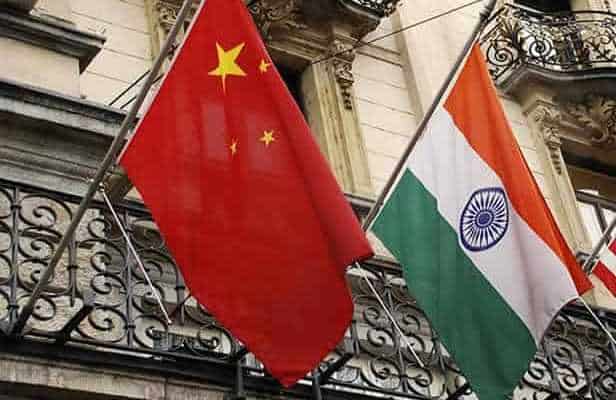Changing trends in India-China relations in COVID-19 era

Last updated on February 13th, 2023 at 04:29 pm
On April 1, 2020, India and China marked 70 years of the establishment of diplomatic relations between the two countries which began in 1950. India was the first non-Communist state in the Asian region to initiate diplomatic ties with China. However, due to COVID-19 pandemic struggle, the celebratory events marking the anniversary of bilateral diplomatic ties were cancelled. But, leaders of both countries exchanged congratulatory messages over the completion of 70 years of friendly relations. Notably, throughout these decades, the two neighbouring countries have faced some ups and downs. Experts have argued that China’s role in the pandemic outbreak can have a negative impact on the Sino-Indian relations
Since the outbreak of COVID-19 pandemic in China’s Wuhan city, Beijing has been on the receiving end of criticism in the global discourse. From US President Donald Trump to German Chancellor Angela Markel, several world leaders have openly criticised the Mainland over the inception of the deadly disease. As of now, the Indian government has played safe not blaming China for Coronavirus outbreak, like its peers. Moreover, senior government leaders and officials have been coordinating with Chinese officials in the fight against the virus. Now, New Delhi’s take on the matter has a mammoth influence on its relations with Beijing.
The Chinese government’s silence and lack of transparency on the spread of the virus has not been taken lightly by the world. Multinational companies are considering moving their production capacities out of China. In order to make the most of this opportunity, the Indian government has been making strong pitches to several tech giants to boost the domestic market.
Recently, the Modi government revised its Foreign Direct Investment (FDI) policy aiming to prevent “opportunistic takeovers” of Indian firms by companies from neighbouring countries (particularly from China) during the COVID-19 lockdown. As per the new rules, the firms from neighbouring countries wanting to invest in India would need to get the Indian government’s approval first. This restrictive measure has certainly upset China which has claimed that it violates the WTO’s “principle of non-discrimination”. Experts have asserted that the move has taken by the government due to the increasing direct investments by China in India and a fear of takeover following the pandemic crisis.
Read: How India will emerge strong fighting a ‘Silent Enemy’?
Furthermore, troops from the Chinese army and Indian army reportedly were involved in two face-offs last week – one in Eastern Ladakh, another in Naku La Pass in Sikkim sector along the border. During the faceoffs, several army personnel on both sides sustained injuries. As per reports, in the aftermath of these incidents, India has been considering to review foreign policy investments (FPI) by China.
Amid these developments, India’s handling of the “up and downs” with China will be pivotal to their diplomatic relations in the post-Corona scenario. There is a need for a significantly well-balanced game from India with its neighbouring country to ensure returns in its own interest. India evidently cannot afford to sever ties with China in the geopolitical disposition. According to media reports, once the pandemic stabilizes, India has plans to resume talks on ‘outstanding trade issues’ with China, including matters related to the Regional Comprehensive Economic Partnership (RCEP).



